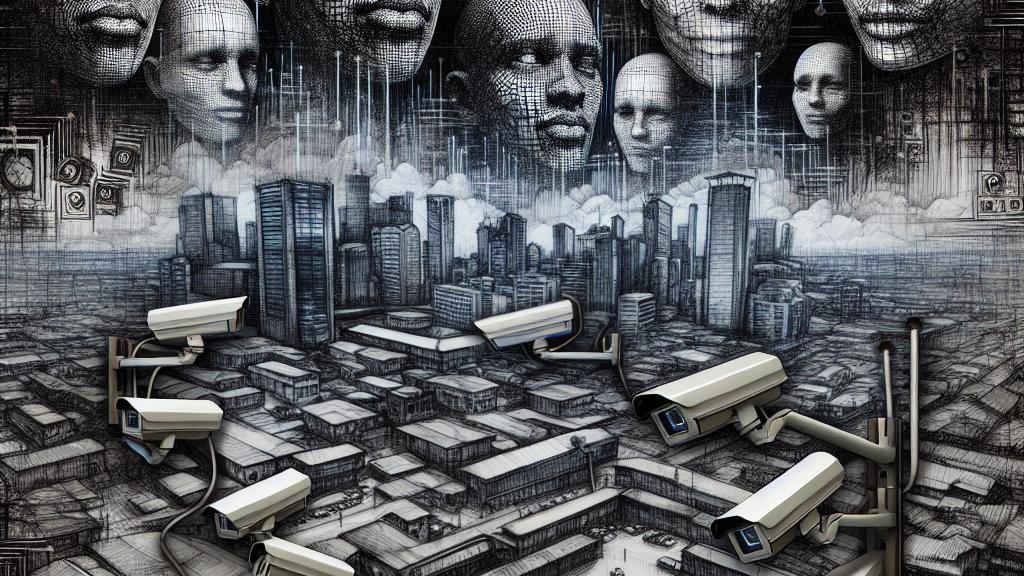Balancing Security and Privacy: The State of Surveillance in Kenya
Overview
- Kenya grapples with the precarious balance between state surveillance and individual privacy rights.
- While legal frameworks exist, many Kenyans remain vulnerable due to lapses in enforcement.
- Unchecked surveillance practices threaten not only freedoms but the very fabric of democracy.

Kenya's Evolving Surveillance Landscape
In recent years, Kenya has increasingly turned to technology in hopes of enhancing governance and national security. This ambitious initiative, however, comes with a price—an escalating wave of concerns surrounding state surveillance. Following the unrest during the anti-government protests in June 2024, reports of chilling abductions and arbitrary arrests surfaced, stirring alarm among the public. Many Kenyans now find themselves questioning whether their right to privacy, safeguarded under Article 31 of the constitution, is genuinely respected. On paper, legal protections exist, including a mandate for court authorization before surveillance can occur. Yet, the reality often tells a different story—numerous reports reveal that these safeguards are routinely overlooked. For instance, a proliferation of surveillance cameras across Nairobi, equipped with advanced facial recognition technology, raises eyebrows and begs the question: Who is watching the watchers?
Legal Frameworks: Promise and Challenges
The Kenyan constitution makes lofty claims about protecting individual privacy rights; however, the effectiveness of these legal frameworks remains in serious question. Enacted in 2019, the Data Protection Act was a step in the right direction, aiming to uphold personal data rights. Nonetheless, compliance has proven to be a rocky path. The Office of the Data Protection Commissioner (ODPC) has reported a shocking influx of over 1,000 complaints related to data mishandling, primarily within sectors that rely on sensitive information. While the ODPC's commitment to advocating for compliance is laudable, the lack of rigorous enforcement mechanisms allows significant gaps to remain, leaving countless citizens susceptible to privacy infringements. Take, for instance, digital lenders, where many complaints arise—this situation underscores the urgent need for greater accountability and robust regulatory frameworks to protect personal information.
The Wider Implications of Surveillance Practices
The consequences of unregulated surveillance extend well beyond mere privacy violations; they present a dire threat to the very essence of democracy. For example, consider the controversial use of facial recognition technology in Nairobi's security apparatus. While framed as a solution to crime, this technology invites severe ethical dilemmas relating to consent and oversight. Without effective regulation, it could easily be weaponized to monitor and suppress dissenting voices—be it journalists shedding light on corruption or activists advocating for change. In this critical juncture, finding a balance between the urgent needs of national security and individual civil liberties is not just important, it is imperative for the health of the nation. Thus, fostering public dialogue, advocating for comprehensive reforms, and ensuring accountability in surveillance practices are paramount. After all, a society that values its citizens’ privacy and rights is ultimately a society that champions its democratic ideals.

Loading...